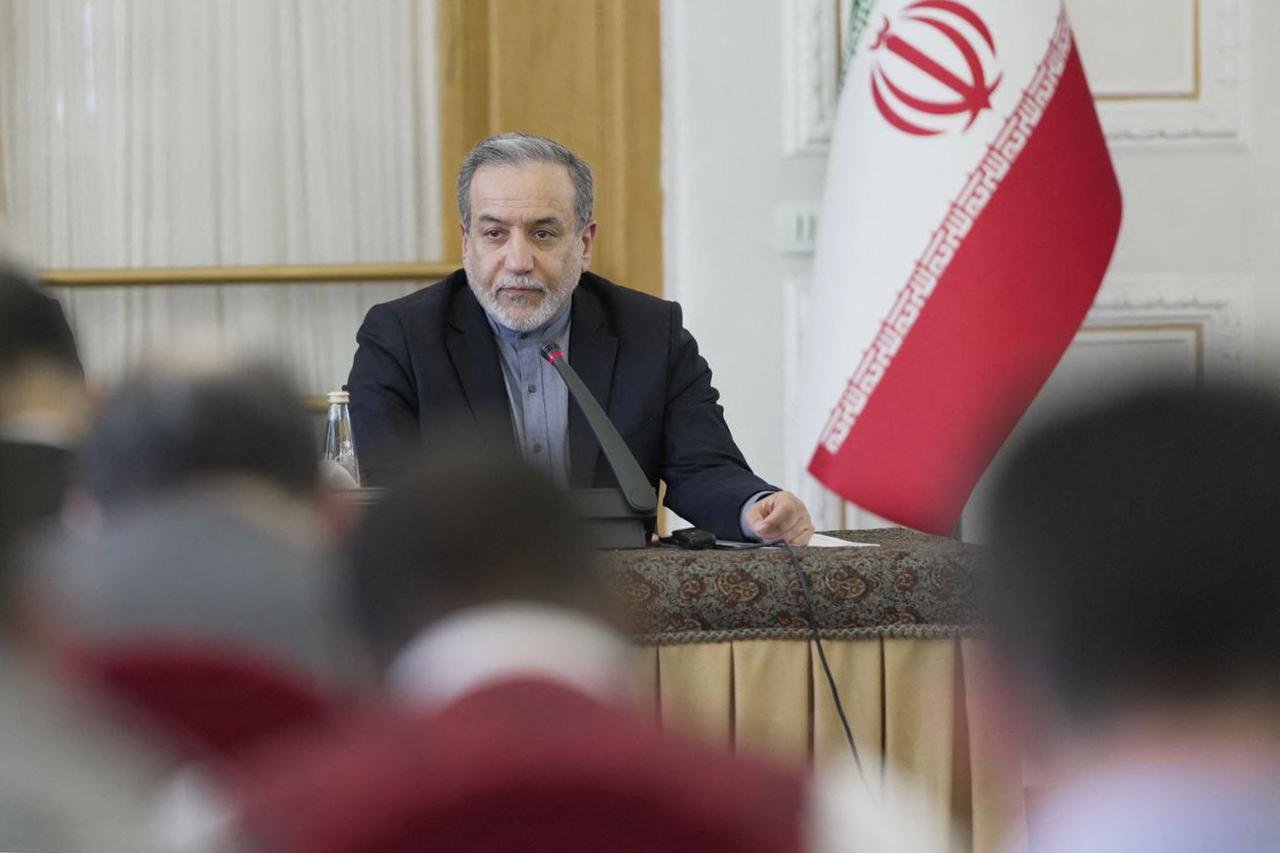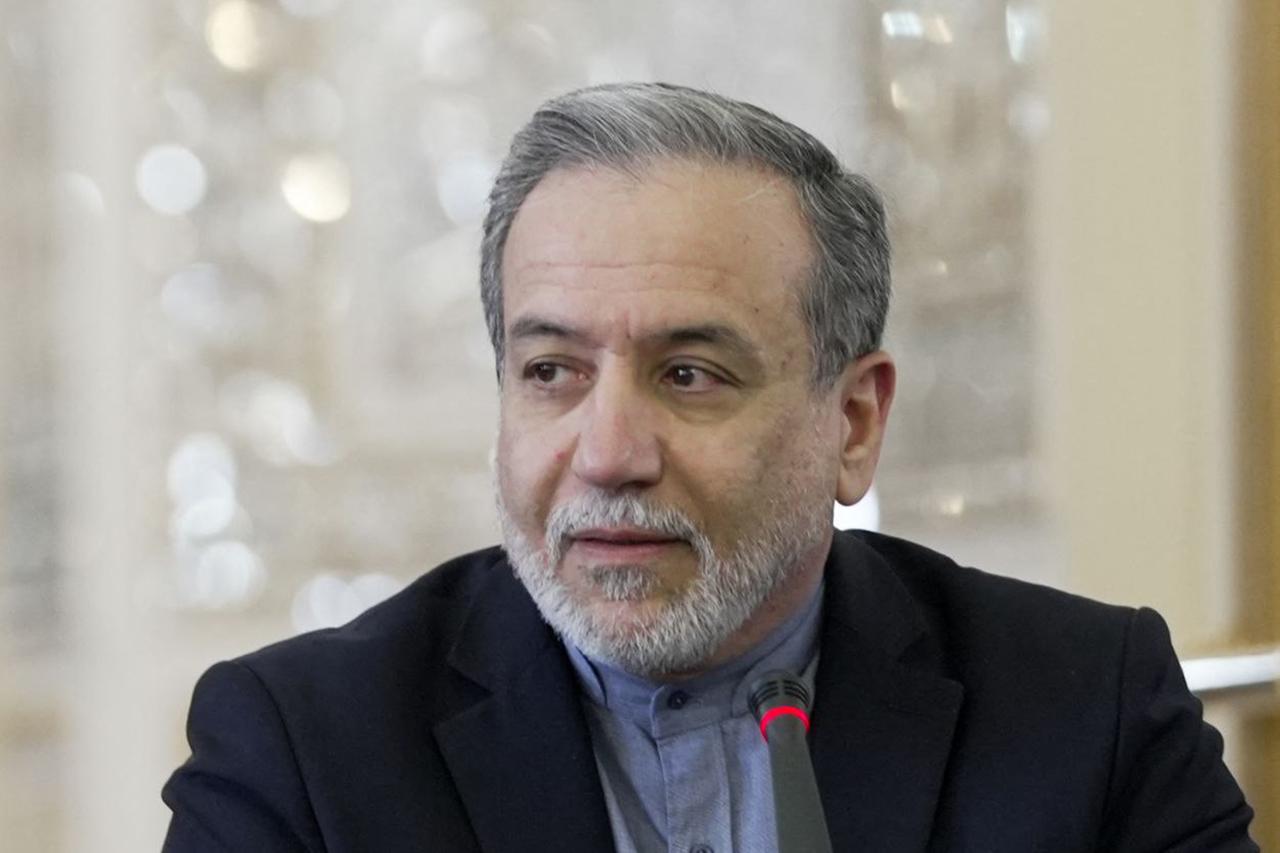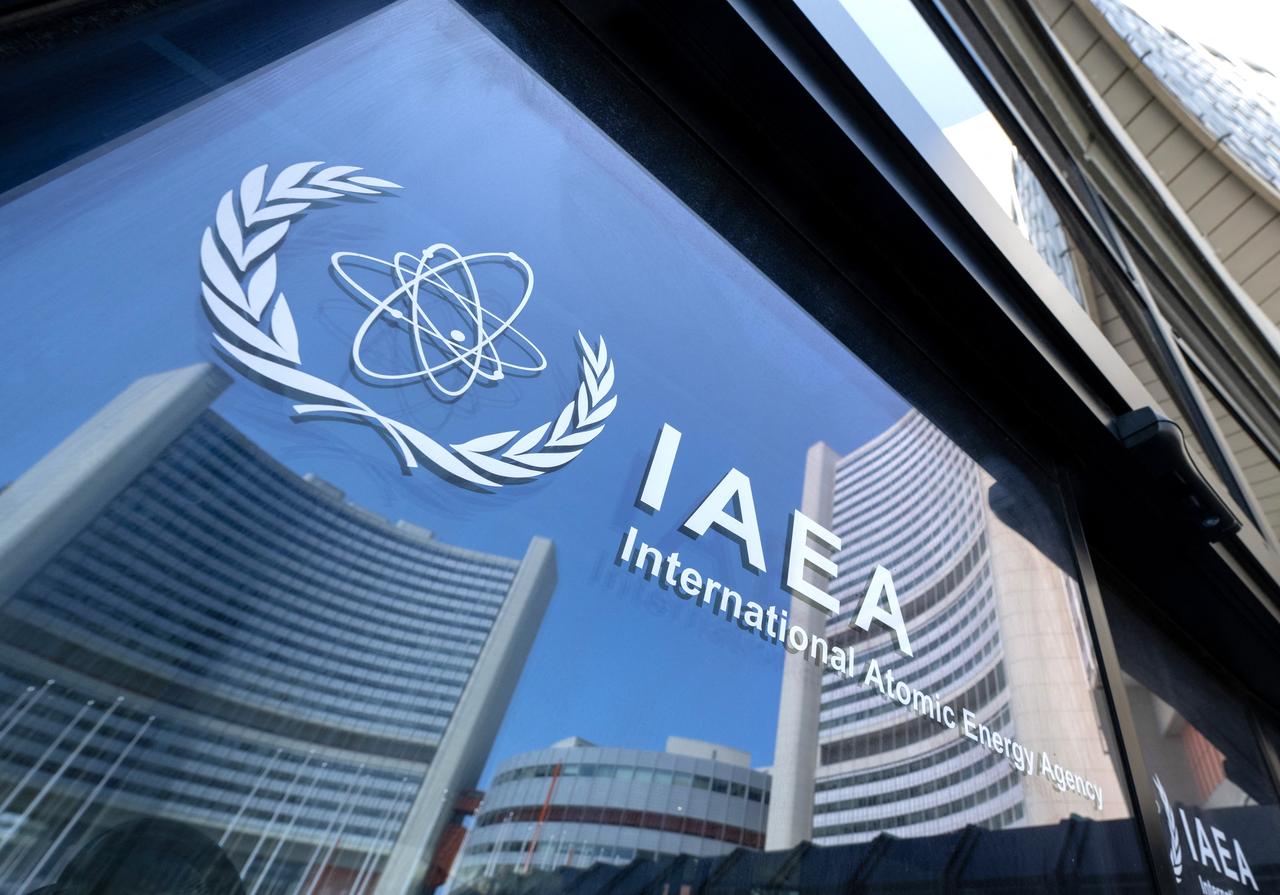
Iranian Foreign Minister Abbas Araghchi is expected to attend a meeting of the Organization of Islamic Cooperation (OIC) in Istanbul on Saturday, a Turkish foreign ministry source speaking to Reuters said Thursday, as war continues between Israel and Iran.
The source confirmed that a special session of the 51st OIC Council of Foreign Ministers is expected to focus on Israel's recent strikes against Iran, including Thursday's attack on the Khondab nuclear site in Arak.
The Israeli military said it targeted a partially built heavy-water reactor at the site, which experts say could produce weapons-grade plutonium. According to the Turkish Foreign Ministry's draft list of participants for the 51st OIC Council of Foreign Ministers, Iran's foreign minister will be joining the meeting set to take place in Istanbul.

According to the draft list of participants provided by the Turkish Foreign Ministry, foreign ministers from major countries, including Azerbaijan, Bangladesh, Pakistan, Saudi Arabia, Egypt, Qatar, Malaysia, Indonesia, and Iraq, are likely to attend.
Turkish Cyprus' Foreign Minister Tahsin Ertugruloglu is also listed among the participants as an observer member.
Other confirmed attendees include foreign ministers from Morocco, Algeria, Tunisia, Jordan, Oman, Kuwait, Uzbekistan, Kazakhstan, Kyrgyzstan, Turkmenistan, and Tajikistan.
Iranian Foreign Ministry spokesperson Esmail Baghaei criticized U.N. nuclear watchdog chief Rafael Grossi and accused the International Atomic Energy Agency (IAEA) of being a partner to an "unjust war of aggression" initiated by Israel.
In a post on X, Baghaei responded to an interview with CNN in which Grossi said there was no evidence of a systematic Iranian effort to develop nuclear weapons.
"This is too late, Mr. Grossi," Baghaei wrote, adding that an IAEA resolution declaring Iran in breach of its obligations under the nuclear Non-Proliferation Treaty had been used as a pretext for Israel to strike Iran.
Baghaei stated that the IAEA report was used by the E3 countries (France, Germany, and Britain) and the United States to justify inappropriate decisions, which were later used as the latest excuse for Israel's attacks on Iran's peaceful nuclear facilities.
"You concealed the truth with your biased report. This report was used as a handle for unfounded claims by the E3 and the US to issue an inappropriate decision. The same decision was later used as the latest excuse for illegal attacks on peaceful nuclear facilities by the genocidal war-mongering regime," Baghaei said.
"Misleading narratives have dire consequences, Mr. Grossi, and demand accountability. You betrayed the non-proliferation regime; You've made IAEA a partner to this unjust war of aggression," he wrote.

Grossi had told CNN that there was no evidence of a systematic Iranian effort to develop nuclear weapons. When asked about Iran's current nuclear enrichment capabilities following the Israeli strikes, Grossi said there had been a significant but not complete setback.
"I can say there has been a significant setback, although not complete, because as I said, they have enrichment capabilities outside Natanz, they have them at Fordo. And this doesn't seem to be affected," Grossi said, noting that enrichment capabilities remain available despite the strikes.